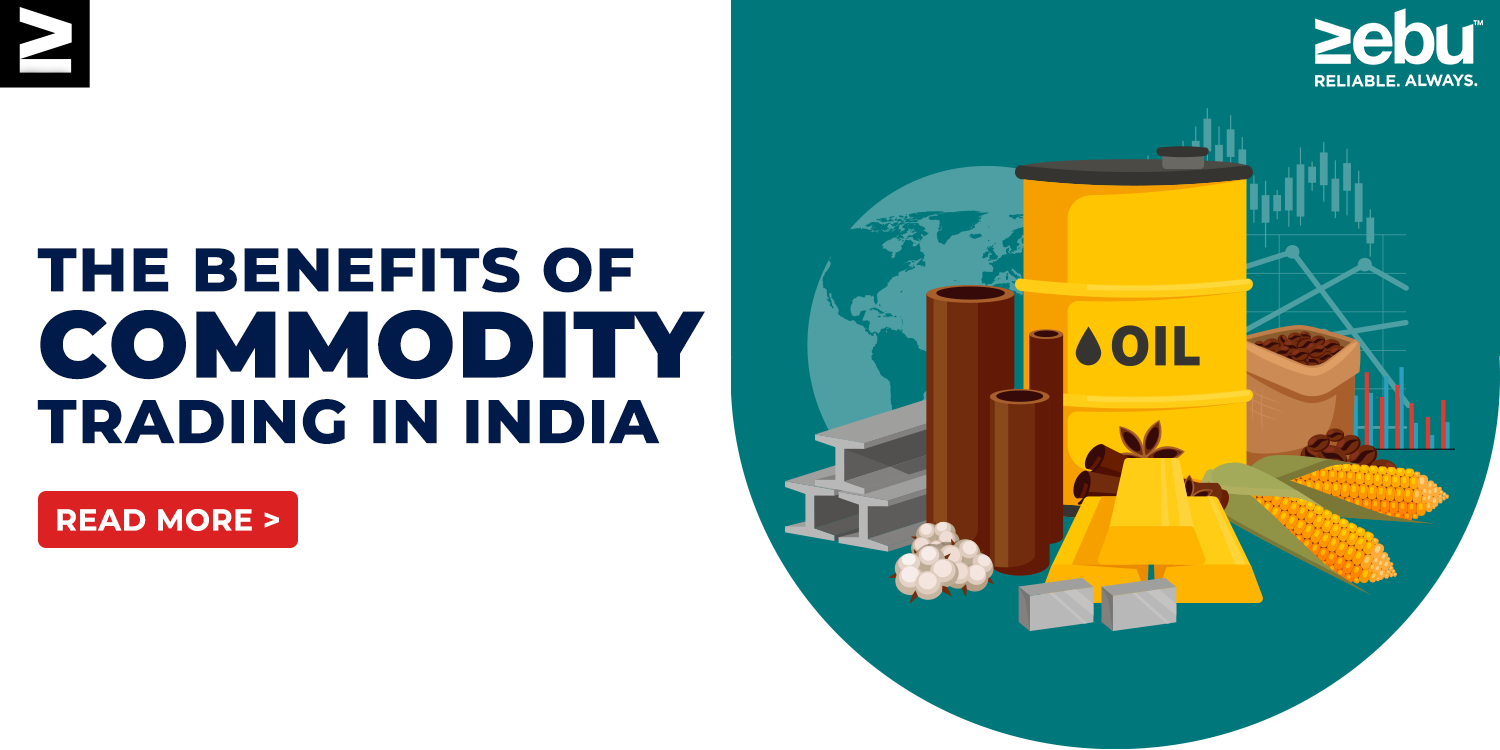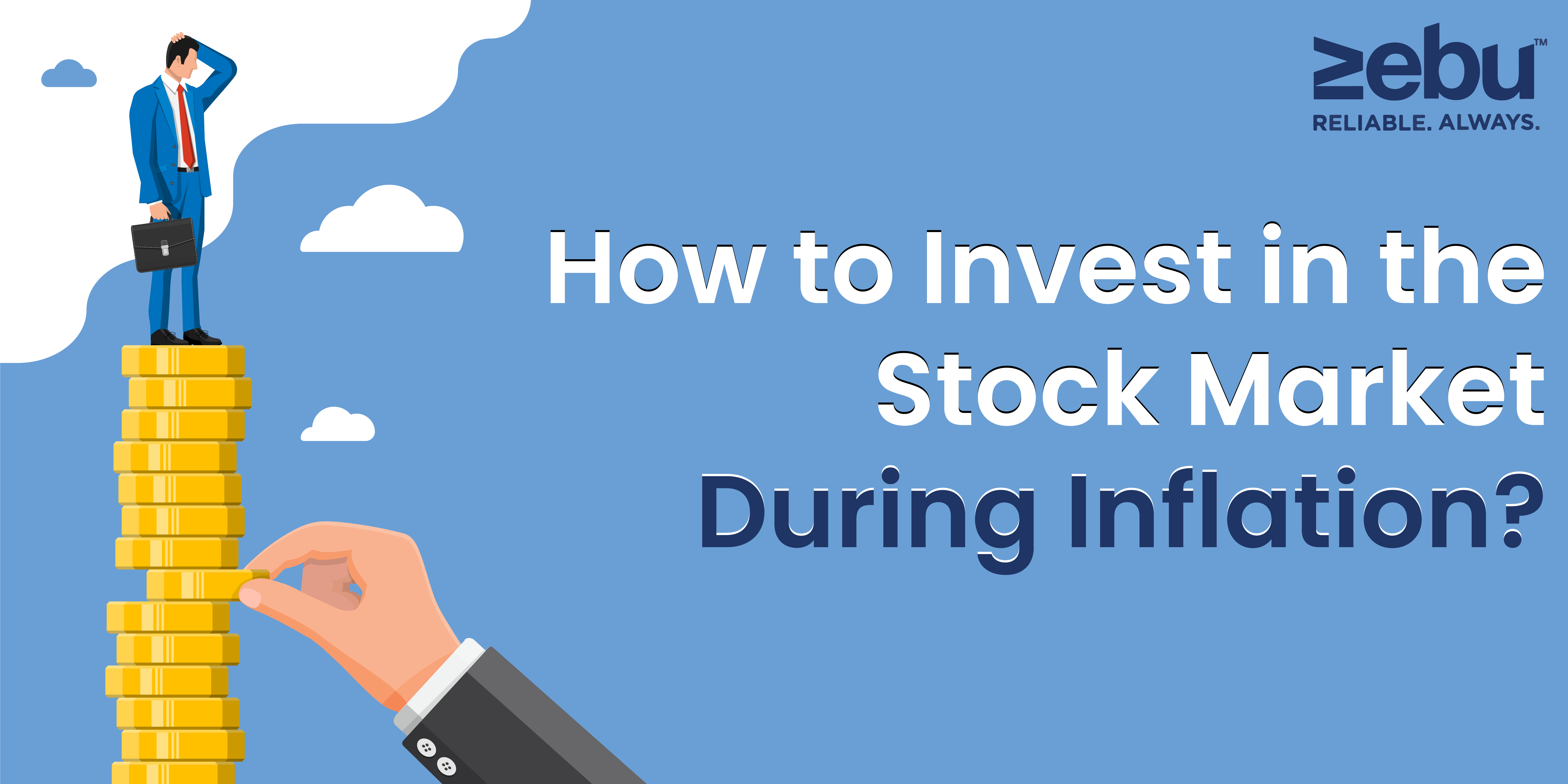
Commodity trading is the buying and selling of physical goods, such as agricultural products, metals, and energy sources. In India, commodity trading has become increasingly popular in recent years, as investors look for new opportunities to diversify their portfolios and potentially generate higher returns.
Here are a few of the key benefits of commodity trading in India:
Diversification: One of the primary benefits of commodity trading is that it allows investors to diversify their portfolios. By including commodities in their portfolio, investors can reduce their exposure to traditional asset classes such as stocks and bonds, which can help to reduce overall portfolio risk. This is particularly important in today’s volatile economic environment, as diversification can help to protect against market downturns and minimize the impact of any individual investment on an investor’s overall portfolio performance.
Potential for higher returns: Commodities can be an attractive investment option for investors who are looking for the potential for higher returns. Many commodities, such as gold and oil, have historically performed well during times of economic uncertainty and market volatility, which can make them a good choice for investors who are seeking to protect their wealth. In addition, commodities can offer attractive risk-reward profiles, as their prices tend to be more closely tied to underlying supply and demand dynamics than other asset classes.
Inflation hedge: Commodities are also often seen as a good way to hedge against inflation, as their prices tend to rise when the cost of living increases. This can make them an attractive investment option for investors who are looking to protect their purchasing power over the long term. For example, gold has traditionally been viewed as a safe haven asset that can protect against inflation, as its value tends to increase when the purchasing power of other currencies declines.
Liquidity: Commodities are typically highly liquid, which means that they can be easily bought and sold on the open market. This can make them a good choice for investors who need to quickly access their funds or who are looking to actively manage their portfolios. In addition, liquidity can be particularly important in times of market stress, as it allows investors to easily buy or sell their investments as needed.
Regulation: In India, commodity trading is regulated by the Securities and Exchange Board of India (SEBI), which ensures that the market is transparent and fair for all participants. This can give investors confidence that their investments are being handled in a professional and trustworthy manner. In addition, regulation can help to protect investors against fraud and other forms of misconduct, which can be a concern in some less regulated markets.
Potential for price appreciation: Finally, one of the main benefits of commodity trading is the potential for price appreciation. Commodities are physical goods that can be subject to price fluctuations based on changes in supply and demand, and these fluctuations can create opportunities for investors to profit from price movements. For example, if an investor believes that the price of a particular commodity is undervalued, they may buy that commodity in the hopes that its price will eventually rise.
In conclusion, commodity trading can offer a number of benefits for investors in India, including diversification, the potential for higher returns, protection against inflation, liquidity, regulation, and the potential for price appreciation. By including commodities in their portfolios, investors can potentially reduce risk, generate higher returns, and protect their wealth over the long term.

